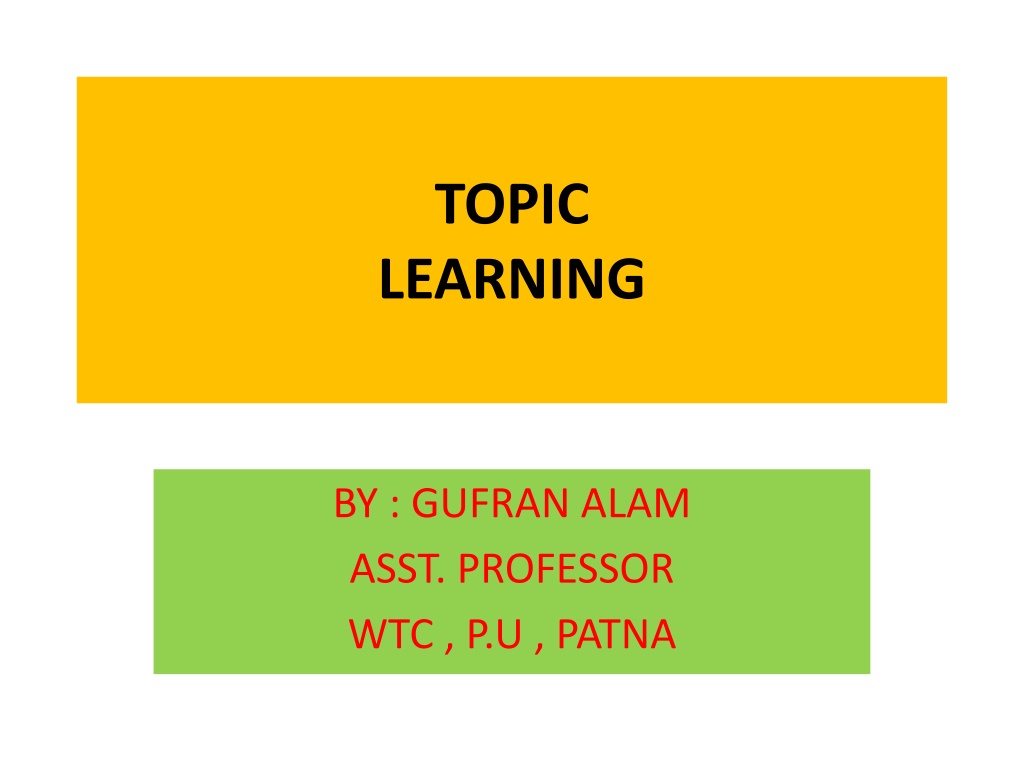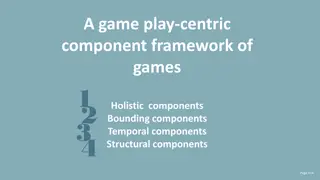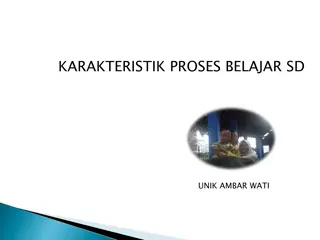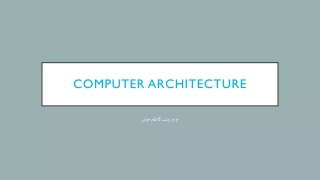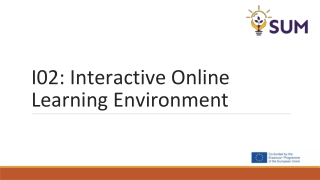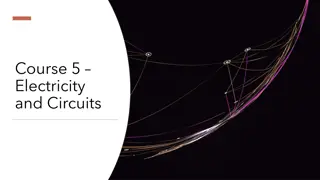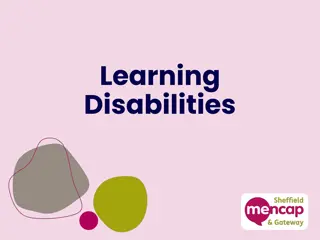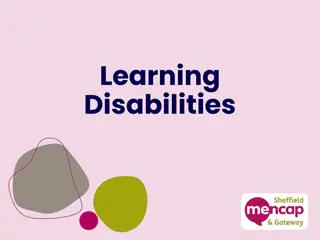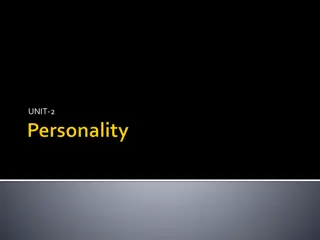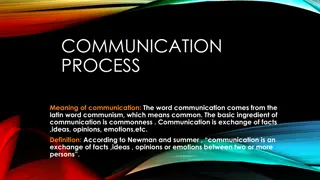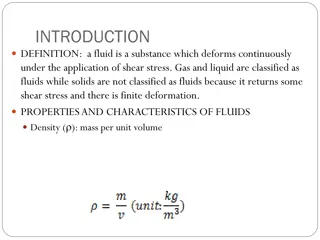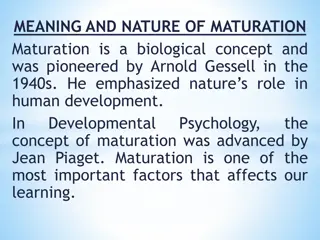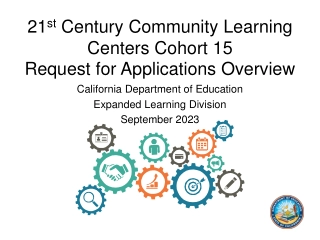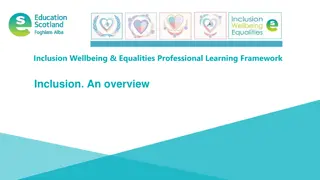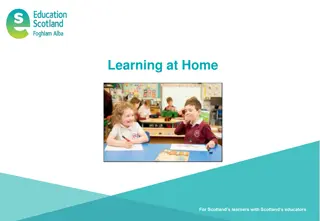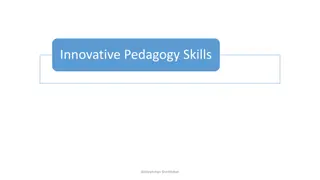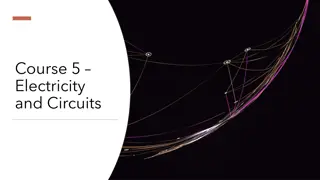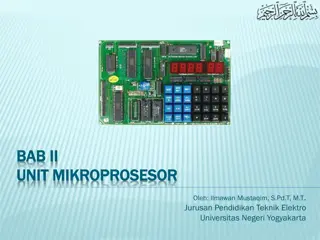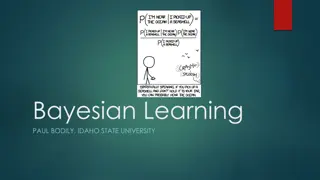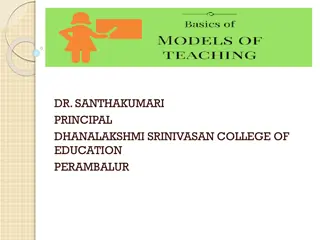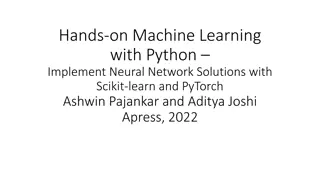Understanding the Components and Characteristics of Learning
Learning is a process that brings about a lasting change in an individual's knowledge and behavior. This article discusses the components of learning such as students, curriculum, and teachers, as well as the characteristics of learning which include growth, purposefulness, and intelligence. It also covers the transfer of learning and stages of learning, including the planning, practice, and automatic stages.
Download Presentation
Please find below an Image/Link to download the presentation.
The content on the website is provided AS IS for your information and personal use only. It may not be sold, licensed, or shared on other websites without obtaining consent from the author. Download presentation by click this link. If you encounter any issues during the download, it is possible that the publisher has removed the file from their server.
Presentation Transcript
TOPIC LEARNING BY : GUFRAN ALAM ASST. PROFESSOR WTC , P.U , PATNA
TODAY WE WILL DISCUSS Learning Components of learning Characteristics of learning Transfer of learning Stages of learning
LEARNING Learning occurs when experience causes a relatively permanent change in an individual s knowledge and behaviour. A/C to JP Guilford Learning is any change in behaviour,resulting from behaviour. A/C to Garrett Learning is that activity by virtue of which,we organise our response with new habits.
Continue Learning is a change in behaviour for better or worse. It is a change that takes place through practice or experience ,changes due to growth and maturation. Before it can be calles learning ,the change must be relatively permanent,it must be for a long time.
COMPONENTS OF LEARNING STUDENT CURRICULUM TEACHER
CHARACTERISTICS OF LEARNING Learning is growth Learning is purposeful Learning is intelligent Leaning is both individual and social Learning affects the conduct of the learner Learning is adjustment Learning is experience Learning is active
STAGES OF LEARNING There are three important stages in learning and developing skills:- Planning stage ( cognitive) Practice stage (associatives) Automatic stage (autonomous)
Planning stage Planning stage (Cognitive) Skill learning goals are set and learning is begun Trial and error methods used Improvement is rapid, but movement are jerky and uncoordinated Use of models and an initial look at techniques Demands high attention and concentration.
Associative stage Specific motor programmes and subroutines are developed relevant to sport Consistency and coordination mprove rapidly , timing and anticipation improve Comparision of acton with model Gross error deyection and correction is practised, detailed feedback is utilised Improvement is less rapid
Autonomous stage Performance almost automatic ,performed easily without stress High proficiency with habitual performance and attention demands reduced Attention can be given to relevant cues and signals from the environment Emphasis on tactics /stratrgy Error detects and correct without help
EDUCATIONAL IMPLICATION The teacher should keep in his mind the individual differences of the learner The teacher has to choose or use proper method of teaching and techniques . The students may acquaint with their own progress in learning It can give them the opportunity o self appraisal
